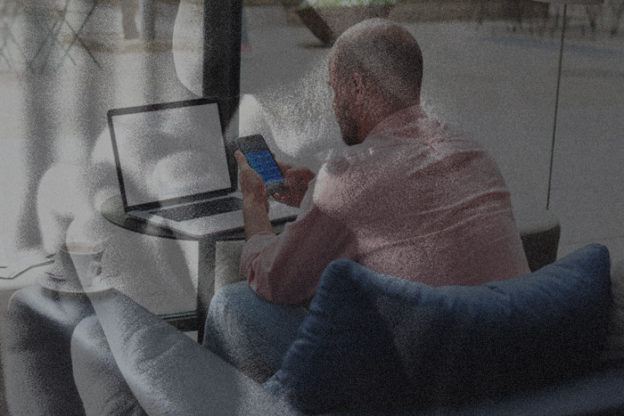Blog
Business Risk Profile: Hospitality
From restaurants and nightlife venues to hotels and tourist attractions, hospitality companies play a crucial role in economies worldwide while providing space for leisure activities, entertainment, socialization, and travel. The hospitality industry has been around for more than a thousand years, continually adapting to societal and technological development. In the past 20 years, hotels, for example, have changed significantly in terms of their marketing tactics, ownership structure, and operational practices.

From restaurants and nightlife venues to hotels and tourist attractions, hospitality companies play a crucial role in economies worldwide while providing space for leisure activities, entertainment, socialization, and travel. The hospitality industry has been around for more than a thousand years, continually adapting to societal and technological development. In the past 20 years, hotels, for example, have changed significantly in terms of their marketing tactics, ownership structure, and operational practices.
Looking to the future, the increasingly pervasive sharing economy presents opportunities and threats to the hospitality industry. To remain relevant in the midst of changing consumer preferences, many companies are adapting their services to cater to the app-driven zeitgeist of present day. While this adoption of new technologies improves operational efficiency and customer experience, it may also exacerbate certain cyber risks, including, but not limited to:
Point-of-Sale (PoS) Compromise
The majority of cyber attacks against the hospitality industry involve PoS intrusions. Hospitality companies’ PoS systems process high volumes of sensitive data, such as customer payment card data and personally identifiable information (PII). Moreover, since hospitality PoS systems are so heavily used, it is common for companies to fall behind when it comes to administering security patches that require system downtime. Worse, some still run on outdated and unsupported versions of Windows that no longer receive security updates.
Hospitality PoS systems may be targeted by cybercriminals who wish to obtain the sensitive data they hold and use it to commit fraud or sell it on the Deep & Dark Web (DDW). Threat actors typically gain access to targeted systems using specialized PoS malware made available by malware-as-a-service vendors on DDW marketplaces.
Distributed Denial-of-Service (DDoS) Attacks
DDoS attacks—another common cyber threat to hospitality companies—aim to disrupt day-to-day operations by overwhelming a targeted network with traffic. By affecting the availability of key systems, these attacks can lead to revenue loss and reputational damage. Like PoS-related threats, DDoS attacks are often facilitated by illicit DDW marketplace offerings, namely web-based booter or stresser services, which use a botnet to flood a system with traffic.
Rewards Point Abuse
Customer loyalty is crucial to most hospitality revenue streams, so it’s common for companies to offer rewards points and other incentives, especially for travel-related purchases. Cybercriminals have been known to exploit rewards programs for financial gain by using brute-force attacks to automate the process of credential checking in order to gain access to customer accounts. Once an account has been compromised, threat actors can offer fraudulent booking services on DDW marketplaces, using the stolen rewards points to book flights, hotel rooms, and other hospitality services.
—
Flashpoint combines extensive monitoring of DDW activity with the specialized subject-matter expertise of our analyst team to deliver Business Risk Intelligence (BRI), providing customers with visibility into the DDW and a decision advantage over adversaries.
To learn more about how pharmaceutical companies are leveraging BRI, download our Business Risk Intelligence (BRI) for Hospitality use cases.

